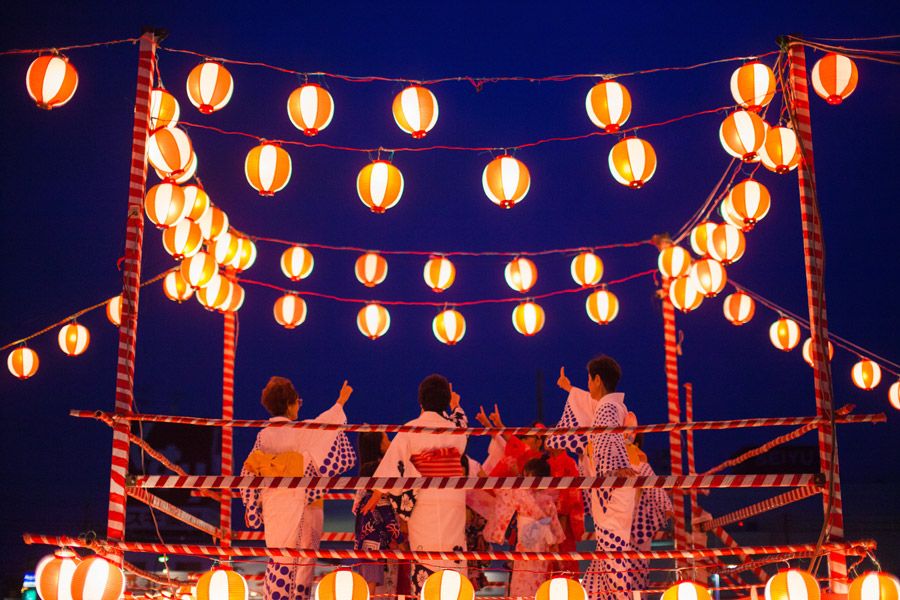jacksondwj.com – Obon, a significant Buddhist festival observed in Japan, is a time to honor and remember ancestors. Celebrated typically in mid-August, this festival is marked by a unique blend of spiritual rituals, cultural traditions, and communal gatherings.
A Spiritual Homecoming
Central to Obon is the belief that the spirits of ancestors return to the earthly realm to visit their families. To welcome these spirits, families clean and decorate their homes and graves. Traditional lanterns, known as “bonbori,” illuminate the streets and homes, creating a warm and inviting atmosphere.
Key Rituals and Traditions
- Okaeri-bi (Welcoming Fire): A bonfire is lit to welcome the spirits of ancestors back to their homes.
- Bon Odori (Obon Dance): This joyous dance is performed in community halls and temples. People of all ages join in, wearing traditional yukata and dancing in circles.
- Visiting Graves: Families visit cemeteries to clean and decorate graves. Offerings of food, incense, and flowers are placed on the graves to honor the departed.
- Toro Nagashi (Floating Lanterns): Small lanterns are placed on rivers or the sea, carrying the spirits of ancestors to the afterlife.
The Cultural Significance of Obon
Obon is not merely a religious observance but a deeply ingrained cultural tradition. It reinforces family bonds, strengthens community ties, and promotes a sense of gratitude for one’s ancestors. The festival also offers an opportunity to reflect on the cycle of life and death, and to appreciate the enduring legacy of past generations.
Obon’s Impact on Modern Japan
While Obon has its roots in ancient traditions, it continues to evolve in contemporary Japan. Many people combine traditional rituals with modern practices, such as visiting family members and holding reunions. The festival also serves as a time for people to relax, enjoy summer vacations, and reconnect with their cultural heritage.
A Global Celebration
The influence of Obon has extended beyond Japan, with communities in other countries, particularly those with significant Japanese populations, adopting the festival. In these regions, Obon is celebrated with similar rituals and traditions, adapting to local customs and cultural nuances.
